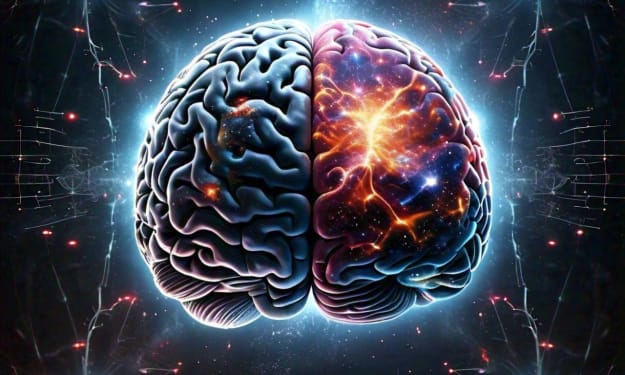
Social psychology is the study of how a person’s behavior and even thought process is impacted by others in society.
If I could research I would want to research why (especially when faced with many accounts of negative interactions with one person or a group of people expressing like behaviors) we are so quick to defend someone who exhibits Narcissism and invalidate their “victim.”
I think this would be different from previous questions because there is more to it than just the Fundamental Attribution Error. The textbook highlights the fundamental attribution error as our human habit to explain not only our own but also other people’s behavior in ways that target personality traits and not also considering social situations and possible influences that could be a factor. (Sommers, 2019, p. 9).
I think there is more to it than just personality because according to Besser, in Handbook of the Psychology of Narcissism, it touches on the culture part of society. It touches on the facts that as a self-indulgent society where we have a need collect symbols of wealth (such as new fancy cars, newly released electronics and needing to have the most money to be happy) and the constant need to be first or the best, this type of competition does not foster the sense of community or of having allies. (Besser, 2014, p. 107). So, knowing that it destroys a sense of community or the sense of having allies, why then would we try to justify the narcistic behavior(s) and invalidate the victim who has suffered from these behaviors?
To conduct this research, I would employ the laboratory and field experiments. I feel it would be easy to construct scripts from not only previous research but also from social media, and it would be easy to control the variables and I think it would be less likely to require a deception experiment which would in turn require informed consent and a debriefing session.
This would be interesting to study for me because I was married to a narcistic man (who caused a lot of hurt and damage more than just emotionally) and I am very curious to see what has caused society to “embrace” people with his personality traits/behaviors and invalidate the victims (such as myself) and place all the blame on the victims (they should have known, there were red flags long before that were ignored) when in a situation of physical domestic violence there are those who will blame the victim, but there is a vast majority that would rally AROUND the victim and invalidate the abuser. I am simply curious as to what the justification would be that society uses.
The Me2 movement often rallies around the victim even decades after the assault has happened, but the question is how much time is too much time for the action to be relevant? Say that a victim comes forward 20 years after the fact does it mean that if it didn't mean anything then but the victim waited until the alleged perpetrator becomes a millionaire and then seeks justice, should that be allowed? What about condemning the perpetrator who is later found to be innocent and it was all a scam, but the damage to the reputation has already been done. Johnny Depp is a perfect example of trying to be cancelled and lost a lot (not only monetarily) only to come out on top at a later date.
Sources:
Besser, A. (2014). Handbook of the Psychology of Narcissism: Diverse Perspectives. Nova Science Publishers, Inc.
Sommers, E.A.T.D.W.R.M.A.S. R. (2019). Social Psychology. [Bookshelf Ambassadored]. Retrieved from https://ambassadored.vitalsource.com/#/books/9780134700762/
About the Creator
Stephanie Foreman
Amature horror writer, and horror movie junkie
Enjoyed the story? Support the Creator.
Subscribe for free to receive all their stories in your feed. You could also pledge your support or give them a one-off tip, letting them know you appreciate their work.






Comments
There are no comments for this story
Be the first to respond and start the conversation.